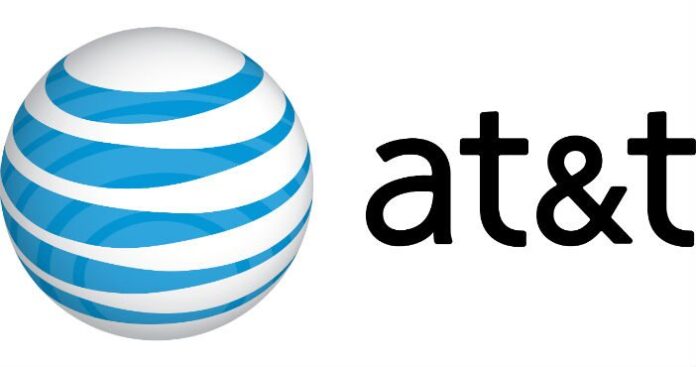AT&T has made a deal with Interactions to transfer ownership of AT&T’s Watson technology and research program in exchange for an equity stake, as the telco seeks “a universally accurate, natural language interface that works seamlessly across devices, applications and systems.”
AT&T Watson is an engine and collection of plug-ins that focus on human-machine interactions, from translating speech-to-text, to analyzing intent. AT&T said that Watson essentially “takes some input, analyzes it, performs one or more services, and returns a result, all in real time.” It also can accept input from device interactions, such as tapping a smartphone screen or other gesture-based input.
AT&T has used Watson in its own interactive voice response systems for more than 20 years, according to the company, and refined its algorithms and architecture over time. AT&T also uses Watson for speech analytics and services including mobile voice searching of multimedia data, voice remote control and voicemail to text, and has a Watson Mobile Speech Services Platform.
Interactions, which focuses on customer service interactions via automated systems and already leverages Watson for hosted virtual assistant solutions, sees this as a new opportunity for developers, enterprises and OEMs to create a so-called “Interface of Things”: highly accurate human-machine interfaces across speech, touch and text that leveraged advanced analysis to not only determine the spoken words, but the intent behind them.
The amount of AT&T’s equity stake in Interactions was not disclosed. Chris Rice, VP of AT&T Labs Advanced Technologies, said that the transaction will make Watson available to a broader ecosystem of users; AT&T Labs had recently enabled developers to access Watson via a speech-enabler API. Interactions says that it sees a future for Watson across multiple industries, including smartphone interactions, connected homes and cars and entertainment systems.
If a human-machine interface “is inflexible and doesn’t work, the promise of a conversational, connected tomorrow will never be realized,” said Mike Iacobucci, CEO of Interactions. “The ‘Interface of Things’ will ultimately serve as the linchpin for innovation and, more importantly, adoption in a connected, responsive world.”
The Watson platform will be transferred to Interactions, along with some patents and employees, including scientists, researchers and software engineers. The two companies said the primary goal of the agreement is to “offer new disruptive technologies in the existing marketplace with the introduction of new, reliable interface options that capitalize on the advancements of each organization to create an unparalleled user experience.”

